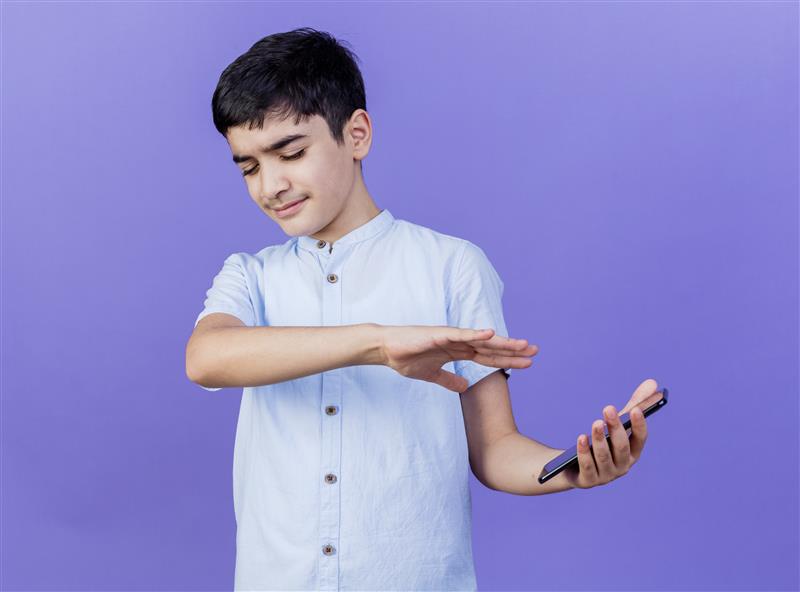Balancing Screen Time: Facilitating Mental Health and Wellbeing

Sarita Kaul
Education Specialist

Screens are now an important part of our everyday lives in this digital world used to work, communicate, play and even study. While there is naturally often concern about the negative effect of screen time, one should also consider the fact that screens can be wonderful facilitators of learning, information and communication.
Research shows that high-quality educational television programs can promote early language and literacy in two-year-olds. Besides academics, complex information can also trigger critical thinking, enhance creativity and critical thinking impacting the positive development of 21st century skills.
However, screens are not without drawbacks. The overuse of smartphones, for example, can blur the boundaries between work life balance, making time management more unpredictable and emotionally demanding. Similarly, overuse of screens can interfere with academic performance, hinder multitasking abilities and impact the quality of children's communication with their parents and teachers.
Parents play an important role in balancing their children's screen time. Having clear-cut boundaries, parental restrictions and healthy screen use practices can help a lot in having an even-handed approach. The majority of parents despite the documented negative impacts of screens on behavioral patterns, social skills, sleeping habits and exercise still find themselves using screen time as a reward. This emphasizes awareness and strategies in helping towards healthier choices. Research has also shown that when parents restrict screens like limiting device time on items like televisions, computers, tablets and phones, children do fewer hours of screen viewing. Everyday activities like removing devices from bedrooms and setting password limits will make significant differences in reducing screen time. Also, parents who regulate their own screen use effectively become effective role models for children.
Lastly, all three groups must be mindful of the potential harm of excessive screen time. By initiating, as well as supplementing awareness and encouraging other development activities, we can minimize harm as a result of screen use and develop cognitive, language and social-emotional abilities in children. Let us start small by exploring our own family's screen use habits and making small, positive changes. Set clear limits, choose good-quality learning material and set sensible screen-free times, especially during meals, playtime and bedtime. Balanced screen use can lead to happier moods, stronger relationships and better sleep, helping children grow into confident, emotionally healthy individuals. Let’s work together to build a nurturing environment that supports both healthy digital habits and positive mental wellbeing.

About Sarita Kaul
Sarita has over 27 years of experience in educational settings. She specializes in safeguarding and inclusive education.
Comments
Join the conversation and share your thoughts
Want more insights like this?
Subscribe to our news letter to receive the latest articles
We respect your privacy. Unsubscribe at any time